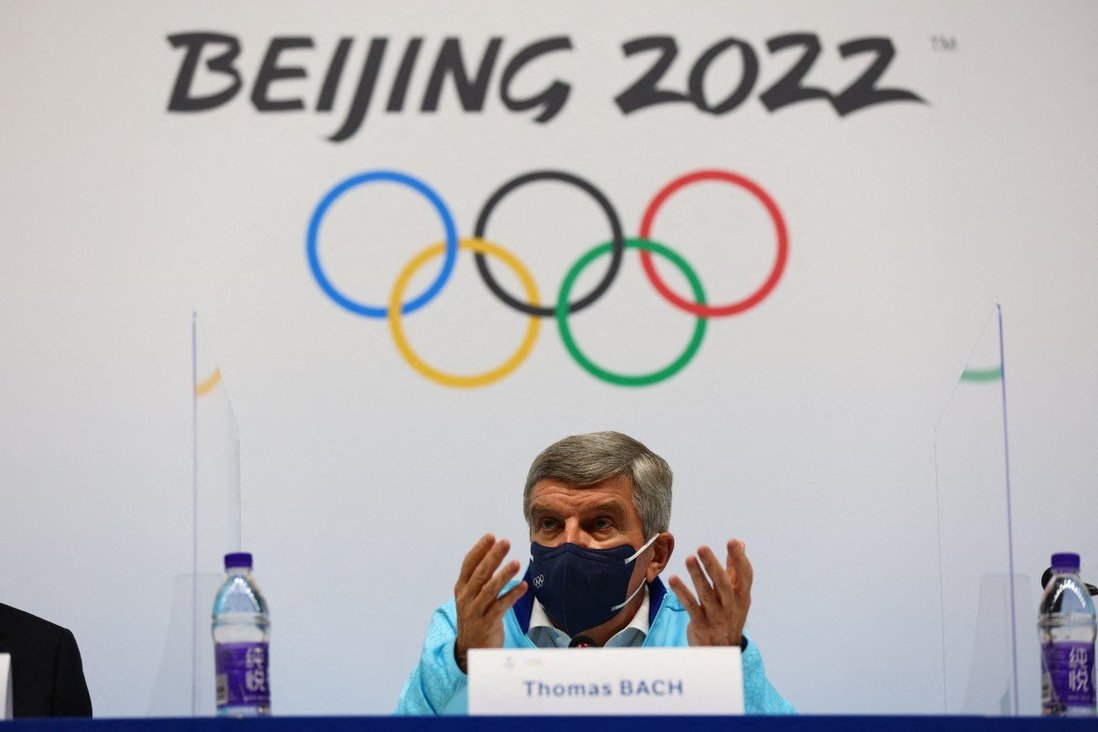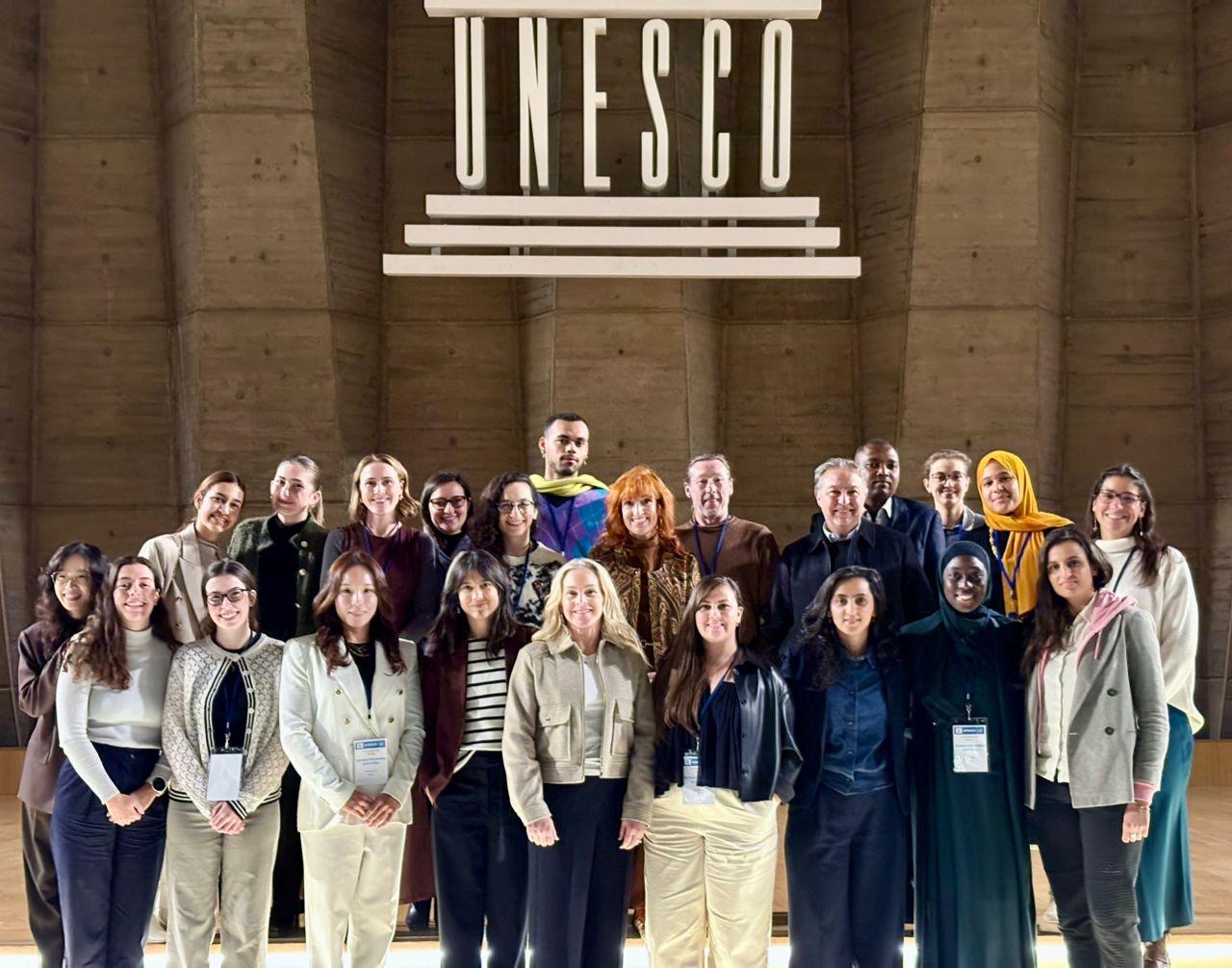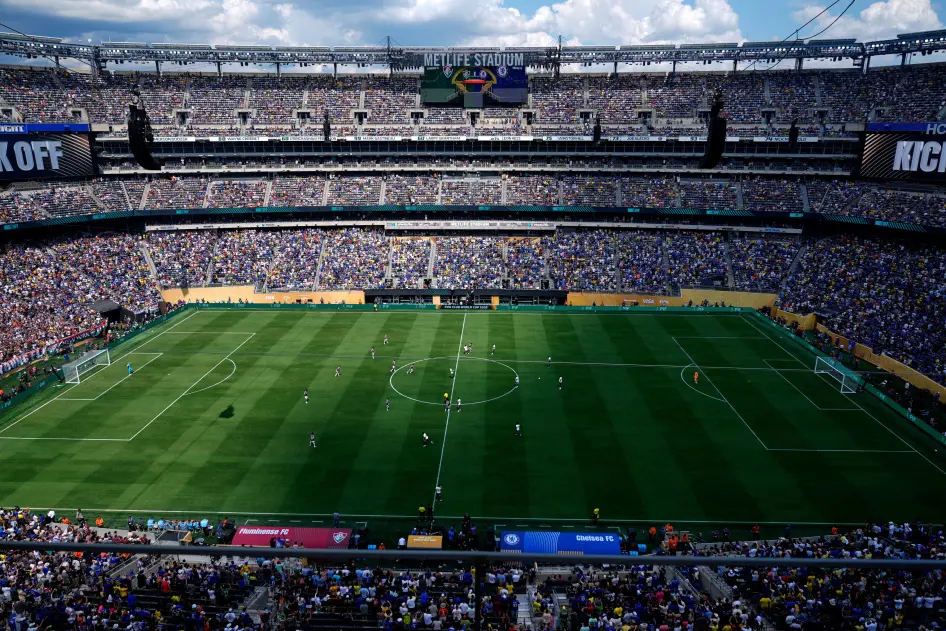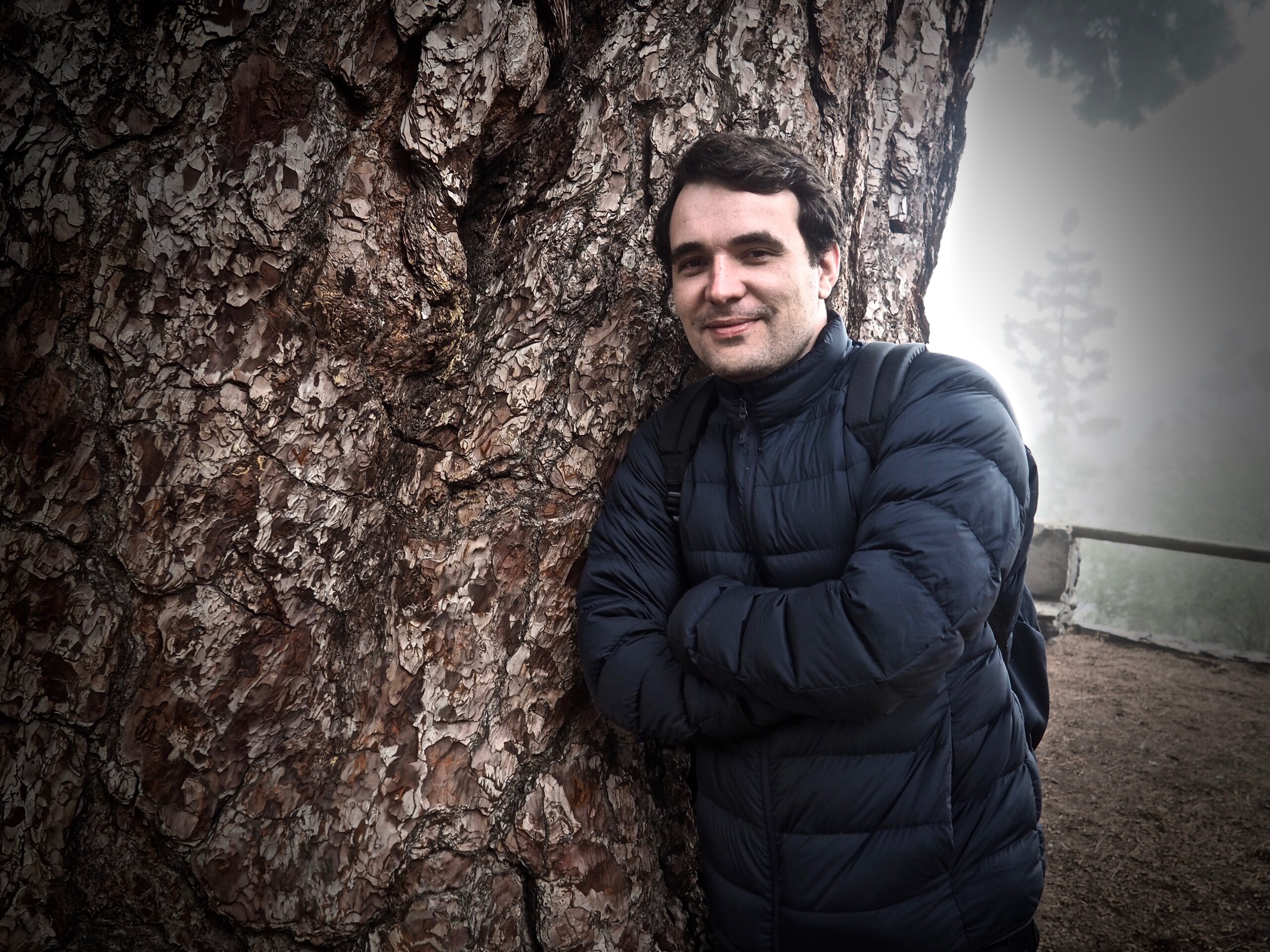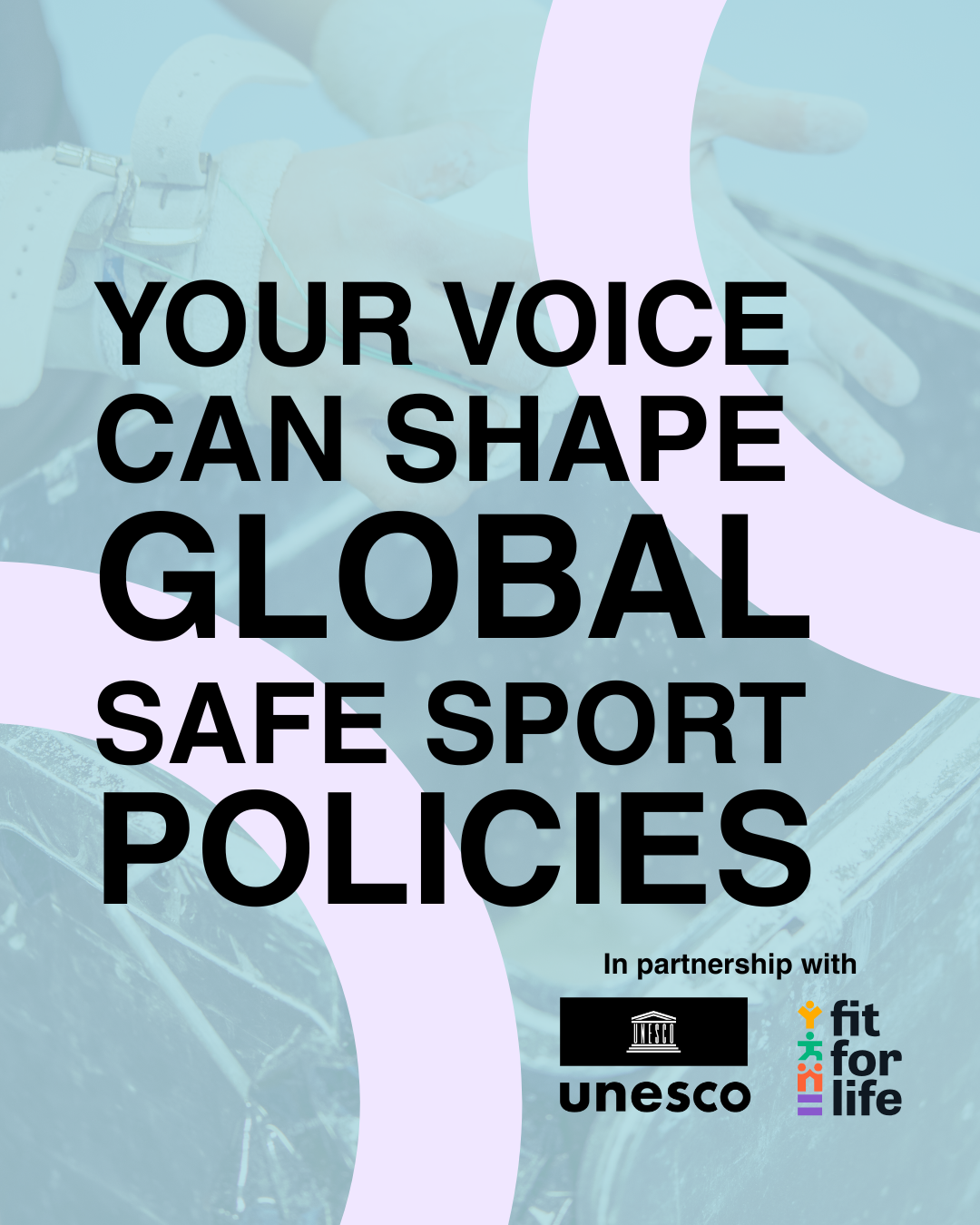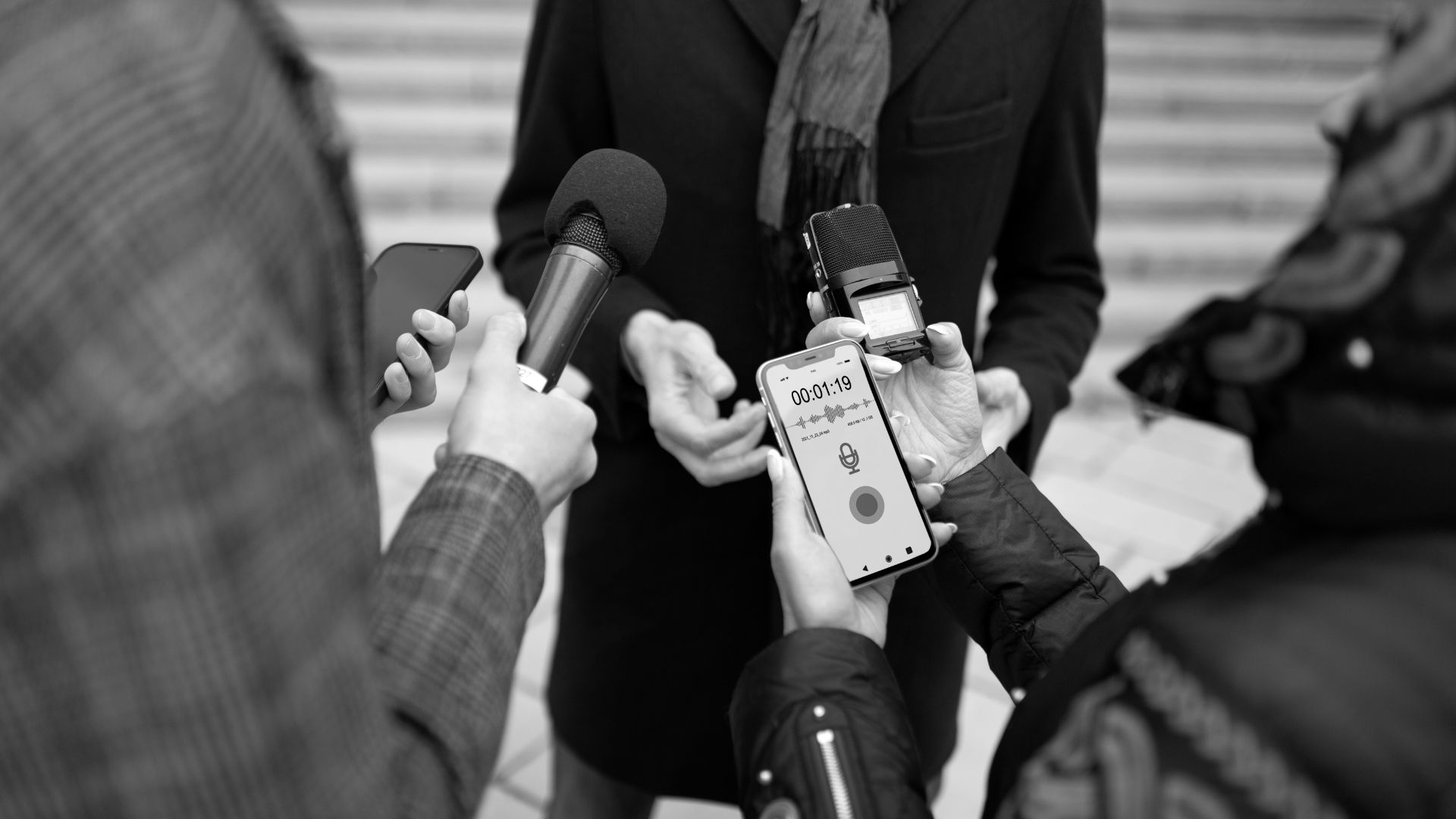(Nyon, Switzerland, February 18, 2022) — The International Olympic Committee (IOC) must act now to ensure the human rights catastrophe of the 2022 Beijing Winter Olympics never happens again, the Sport & Rights Alliance (SRA) said today. In a letter to IOC President Thomas Bach, the SRA stated that “the IOC cannot simply return to business as usual.”
The alliance requested a meeting to address the critical human rights issues around Beijing 2022 and prevent similar abuses at all future events. The SRA also reiterated its call for the IOC to swiftly develop a human rights strategic framework in close consultation and meaningful engagement with affected stakeholders’ representatives, as set out in the Recommendations for an IOC Human Rights Strategy.
The SRA met with President Bach in 2017 and has collaborated with the IOC on many issues, most notably in the construction of the widely-praised Host City Contract for the 2024 Summer Olympics, which included human rights criteria for the first time. However, the events and realities at the Beijing 2022 Winter Games have confirmed that the IOC’s commitment has seriously regressed.
Read the full letter to IOC President Thomas Bach below:
Dr. Thomas Bach, President,
International Olympic Committee
Château de Vidy, 1007,
Lausanne, Switzerland
February 18, 2022
Re: Request for meeting to address the human rights violations connected with the 2022 Beijing Winter Olympics
Dear President Bach,
We are writing to you from the Sport & Rights Alliance, a global coalition of trade unions and non-governmental organizations committed to embedding human rights and anti-corruption standards in world sport. We hereby request to meet with you soon to report the wide range of human rights abuses committed during the 2022 Beijing Winter Olympics and discuss the International Olympic Committee’s (IOC) plans to make sure these violations are remedied and that such human rights violations never happen again.
Despite early expressions of grave concerns by our partners about the many human rights risks connected to the Beijing Games, the IOC has been unwilling to engage in a transparent and thorough human rights risk assessment and even refused to meet with human rights groups requesting genuine dialogue around the impact of the 2022 Beijing Winter Olympics. These Games will be remembered for the IOC’s complete disregard for human rights – taking place in a country whose government is currently committing crimes against humanity.
As you might remember, our meeting in 2017 proved to be a constructive collaboration that resulted in the widely praised, human rights compliant Host City Contract for the 2024 Summer Olympics. It is critical that the IOC itself lives up to its responsibilities under the United Nations Guiding Principles on Business and Human Rights (UN Guiding Principles) and its most recent commitment to build a strategic framework on human rights. The following is a brief overview of our partners’ concerns.
Athletes’ Human Rights
Just weeks before the Opening Ceremony, athletes were warned against exercising their right to freedom of speech by Yang Shu, a member of the Beijing Organizing Committee. Mr. Yang equated the “Olympic spirit” with “Chinese laws and regulations” and said that any athlete whose behavior or speech violates these standards would be “subject to certain punishment.”
In light of these warnings and the IOC’s lack of assurances, athletes in the Olympic Village have reported being afraid to speak out despite feeling deeply conflicted about having to compete in a country where authorities are committing widespread and grave human rights abuses. These events confirm the dangerous influence of the Chinese government on the rights of Olympic athletes’ freedom of expression and the lack of commitment from the IOC to ensure these rights were protected.
The unfortunate circumstances of Russian figure skater Kamila Valieva’s doping case are representative of the wider governance failures by the World Anti-Doping Agency (WADA) and the IOC. Despite warnings and comprehensive reform recommendations by World Players and others, WADA decided to follow a piecemeal approach excluding the Court of Arbitration for Sport and athletes’ human rights from its recent governance review. This case highlights yet again the ambitious systems of power that puts athletes, especially child athletes, in impossible positions – where medals are often prioritized at the expense of the athletes’ physical and mental health. A 15-year old athlete should be protected from misuse of power, whether from their entourage, national federation or state officials. The IOC should use its leverage over WADA to ensure necessary reforms so that athletes’ human rights are put at the center of WADA’s systems.
The lack of clarity and harsh nature of the Covid-19 testing and isolation policies, as seen in the cases of Belgian skeleton racer Kim Meylemans and Polish speed skater Natalia Maliszewska, have caused intense confusion, anxiety and fear. In addition, several athletes and teams complained of inadequate, unhealthy and inedible food. If the IOC had followed recommendations from players’ unions and health experts, incorporating the most recent science and mental health support, these horrible experiences for athletes could have been avoided.
Although the Sport & Rights Alliance and other human rights experts have repeatedly asked the IOC to prioritize Peng Shuai’s protection over partnerships, a misguided and harmful approach continued to unfold during the Games. You have met Peng for dinner and at the freeskiing big air event, using her staged appearance to deflect criticism of the IOC and support Chinese government repression and abuse. The IOC completely failed to consider the effects of trauma and Peng’s ability to speak freely – and now faces a possible breach of its own Ethical Principles in a complaint process.
Press Freedom & Digital Surveillance
As widely reported, the Chinese government has been the world’s worst jailer of journalists, and has long been implicated in reports of harassment, threats, censorship and control. During the Beijing Games, Sjoerd den Daas, a journalist for Dutch broadcaster NOS, was reportedly forcibly removed by a Winter Olympics security official while delivering a live broadcast.
Despite early caution, surveillance and digital security were also an issue as the Olympic smartphone app used for daily Covid-19 monitoring (My2022) included a list of censorship keywords and failed to meet adequate standards for encryption. On top of the general difficulty of reporting due to restrictive Covid-19 policies, these incidents show that the Chinese government fell short of its commitment and contractual obligation to ensure “no restrictions or limitations on the freedom of the media to provide independent news coverage.”
The IOC’s “Integrity and Compliance Hotline,” which serves as merely one piece of what should truly be an effective grievance mechanism, has not been communicated effectively to journalists and broadcasters.
Recommendations
As mentioned above, the Sport & Rights Alliance has noted the advances for human rights achieved during your term as IOC president. However, the events and realities at the 2022 Beijing Winter Games have confirmed that the IOC’s commitment has seriously regressed. The IOC still lacks a human rights strategy — the most basic requirement for any sport governing body or business claiming to respect human rights.
The SRA reiterates its call for the IOC to swiftly develop a human rights strategic framework in close consultation and meaningful engagement with affected stakeholders’ representatives, as set out in Zeid Ra’ad Al Hussein’s and Rachel Davis’ “Recommendations for an IOC Human Rights Strategy.”
Given the human rights catastrophe that was the Beijing Games, the IOC cannot simply return to business as usual. In addition to assessing and monitoring the adverse human rights impacts caused or contributed to by the Beijing Winter Games, the IOC is responsible for providing for or cooperating in remedy processes to investigate and ensure access to compensation and redress.
The Sport & Rights Alliance hopes you will view our meeting request with due urgency as serious change is needed if the IOC wishes to avoid cementing a legacy of disregard and neglect of basic rights.
We would welcome a response with a proposed date for the meeting, along with any other information you would like to provide by March 11, 2022.
Sincerely,
Andrea Florence
Acting Director, Sport & Rights Alliance
On behalf of the following Sport & Rights Alliance partners:
The Army of Survivors
Committee to Protect Journalists
Football Supporters Europe
Human Rights Watch
International Trade Union Confederation
Transparency International Germany
World Players Association, UNI Global Union
